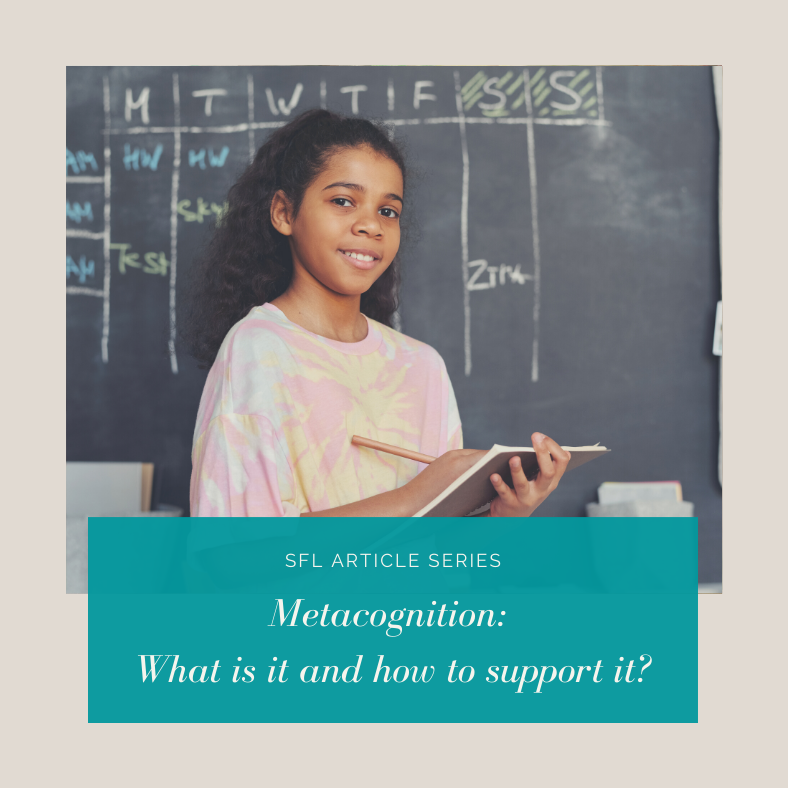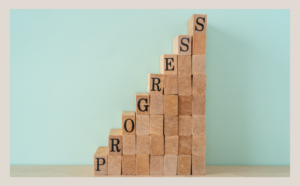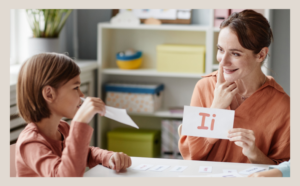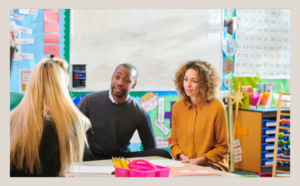No products in the cart.

What is metacognition?
Metacognition is the ability to reflect on your thought process and its corresponding feelings and behaviors. In simpler terms, it’s how we think about thinking! It’s also how we learn about how we learn most effectively. Developing metacognitive strategies will help students to become more aware of how they learn and will bolster their ability to problem-solve and tackle new challenges with a growth mindset.
Why is metacognition important to learning?
Studies have shown that use of metacognitive strategies is closely linked with academic success and can have a positive impact on a student’s attitude towards learning. A student with strong metacognition is more aware of his/her strengths and weaknesses as a learner and is able to monitor, self-assess, and figure out how to improve upon areas of weakness. As a result, the student is likely to be more independent, confident, and successful in and out of school.
How to support metacognition?
Explicit instruction on metacognition and other executive functioning skills can be greatly beneficial. This means teaching what metacognition is, what it looks like both in and out of school context, how it affects the way we think and act, and how to self-assess.
Metacognitive questions for students
Asking questions is a great way for students to self-reflect and build self-advocacy skills. Many struggling students don’t know what questions to ask so here are some suggestions.
Questions to ask when working on a school assignment:
How do I learn best?
- alone or with a study partner?
- asking questions or by doing research?
- creating a model or by writing?
- presenting or sharing how and what I learned?
Do I understand all the instructions?
- what materials do I need?
- what should I do first?
- who should I ask if I don’t understand?
How long will this assignment take me?
- should I use a planner or calendar?
- when should I plan to finish the assignment so I can
- get final feedback before turning it in?
How do I build in breaks?
- what does an active break look like?
- how long or frequent?
- what do I need to do to help me get back to work after a break?
- should I use a timer or an automated screen lock on my phone?
Questions to ask when studying for a test:
What material will the test cover?
- do I have all my notes, textbooks, or past assignments?
- is there a syllabus or study guide I can reference?
Is there anything I don’t understand or find confusing?
- should I ask my teacher or tutor?
- can I research it?
- should I meet with a study partner?
How much time should I set aside to study?
- how much materials is there to review?
- should I use a planner?
- when is the best time to study?
- before dinner? after basketball practice?
How can I connect the dots between information?
- what are the similarities?
- what are the differences?
- what mnemonic devices can I use to remember this?
Questions to ask after a test or assignment:
What did I do well and what did I do poorly?
- what strategies worked well?
- can I apply those strategies elsewhere?
- what areas do I need more support in?
How can I do better next time?
- should I set aside more time to study?
- do I need to take better notes?
- is there a study group I can join?
Who can I ask to receive constructive feedback?
- my teacher?
- a tutor or a SfL Clinician?
- should I ask for feedback right away while the materials are still fresh on my mind?
Learn more about our approach to working with students and how we facilitate learning about how each student learns most effectively.
Sources:
- Nett, Ulrike E., et al. “Metacognitive Strategies and Test Performance: An Experience Sampling Analysis of Students’ Learning Behavior.” Education Research International, Hindawi, 1 Nov. 2012, https://www.hindawi.com/journals/edri/2012/958319/#abstract.
- Mcdaniel, Rhett. “Metacognition.” Vanderbilt University, Vanderbilt University, 9 Feb. 1970, https://cft.vanderbilt.edu/guides-sub-pages/metacognition/.
- Chick , Nancy. “Metacognition: How Thinking about Thinking Can Help Kids.” Child Mind Institute, 15 Aug. 2021, https://childmind.org/article/how-metacognition-can-help-kids/.
Other Resources:







No comment yet, add your voice below!